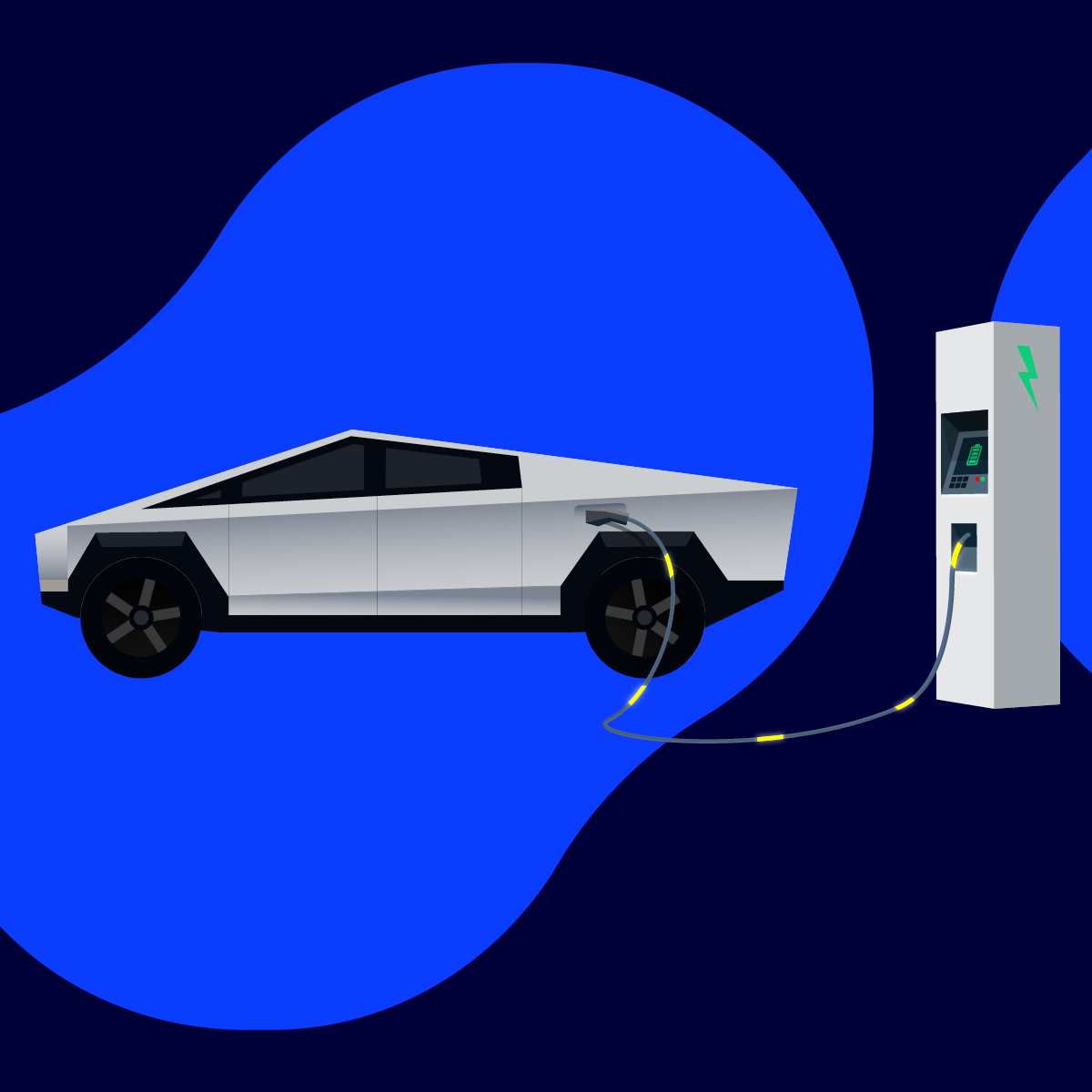 The automotive industry is rapidly shifting towards electric vehicles. This article explores four trends that R&D professionals need to know to stay ahead of the curve, including battery technology advancements, charging infrastructure expansion, increased range and autonomy, and innovative design. By staying on top of these trends, companies can ensure they are developing the most cutting-edge electric vehicles possible.
The automotive industry is rapidly shifting towards electric vehicles. This article explores four trends that R&D professionals need to know to stay ahead of the curve, including battery technology advancements, charging infrastructure expansion, increased range and autonomy, and innovative design. By staying on top of these trends, companies can ensure they are developing the most cutting-edge electric vehicles possible.
The world is quickly shifting towards electric vehicles (EVs) as a way to combat climate change and reduce reliance on fossil fuels. As this transition continues, research and development (R&D) professionals in the automotive industry must stay up-to-date with the latest EV trends to remain competitive. In this article, we will explore four of the most important EV trends that R&D professionals need to know, including battery technology advancements, fast charging, wireless charging, and vehicle-to-grid integration. By staying ahead of these trends, automotive companies can create more efficient and effective EVs, driving the industry towards a more sustainable future.
Firstly, advancements in battery technology are crucial for the success of EVs. Researchers are exploring various materials to improve the energy density of batteries, which will increase the driving range and decrease charging times. Solid-state batteries are also being developed, which offer higher energy density and improved safety over traditional lithium-ion batteries.
Secondly, fast charging is becoming a necessity for EVs to compete with traditional combustion engine vehicles in terms of convenience. Charging times have decreased from hours to minutes in recent years, and the development of ultra-fast charging technology is expected to make charging times even shorter in the near future.
Thirdly, wireless charging is an emerging technology that will enable drivers to simply park over a charging pad and have their vehicle recharge without the need for any physical connection. This technology is still in the early stages of development but could provide significant benefits to the convenience of EV ownership.
Finally, vehicle-to-grid integration allows EVs to function as energy storage devices and help balance the electricity grid. During periods of peak demand, EVs can release stored electricity back into the grid, providing a valuable resource to utilities. This technology has the potential to reduce the need for fossil fuel power plants and increase the adoption of renewable energy sources.
In conclusion, the EV industry is constantly evolving, and R&D professionals must stay informed about the latest trends to keep up with the competition. Battery technology advancements, fast charging, wireless charging, and vehicle-to-grid integration are just a few of the trends that will shape the future of EVs. By staying ahead of these trends, automotive companies can create more efficient and effective EVs, helping to create a more sustainable future for all.
